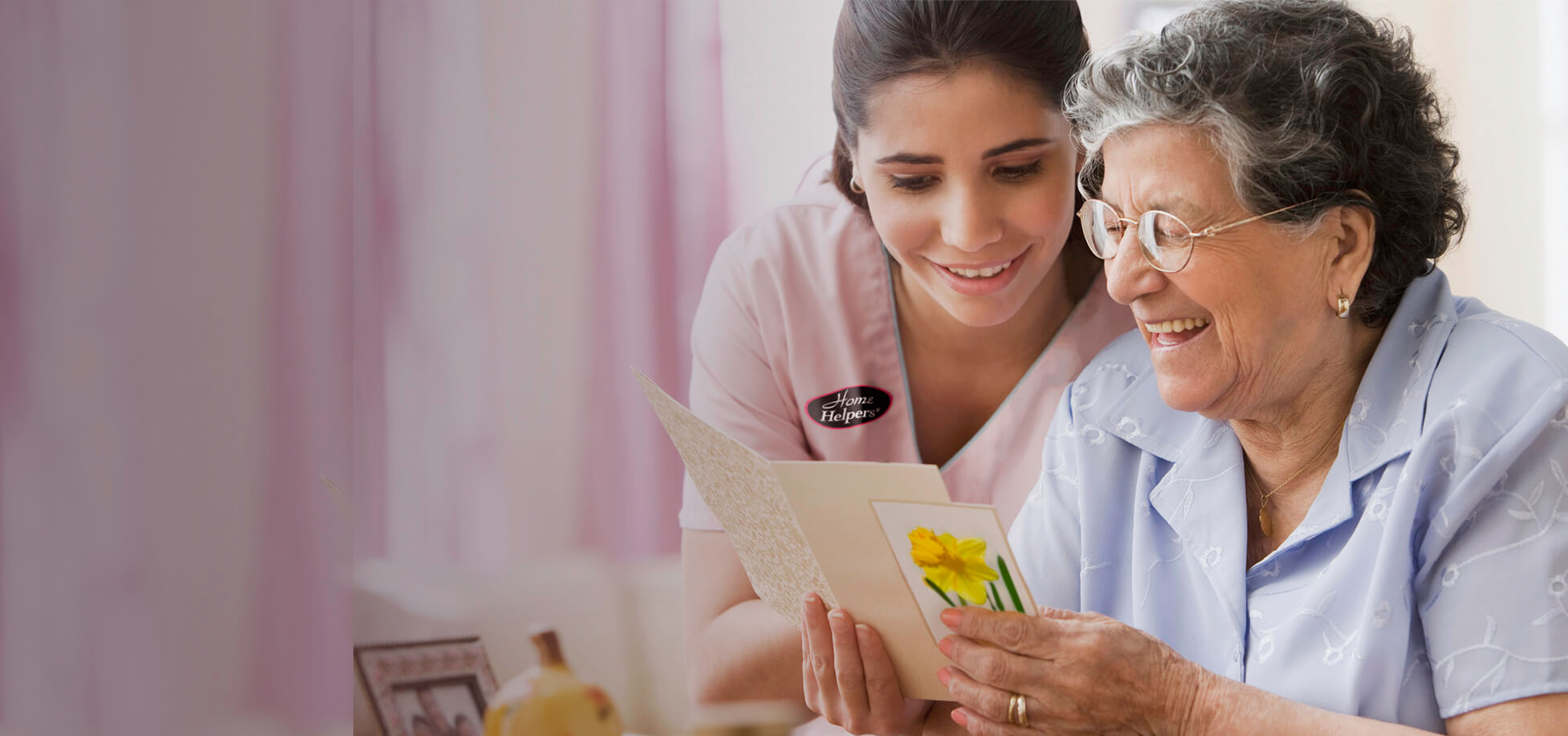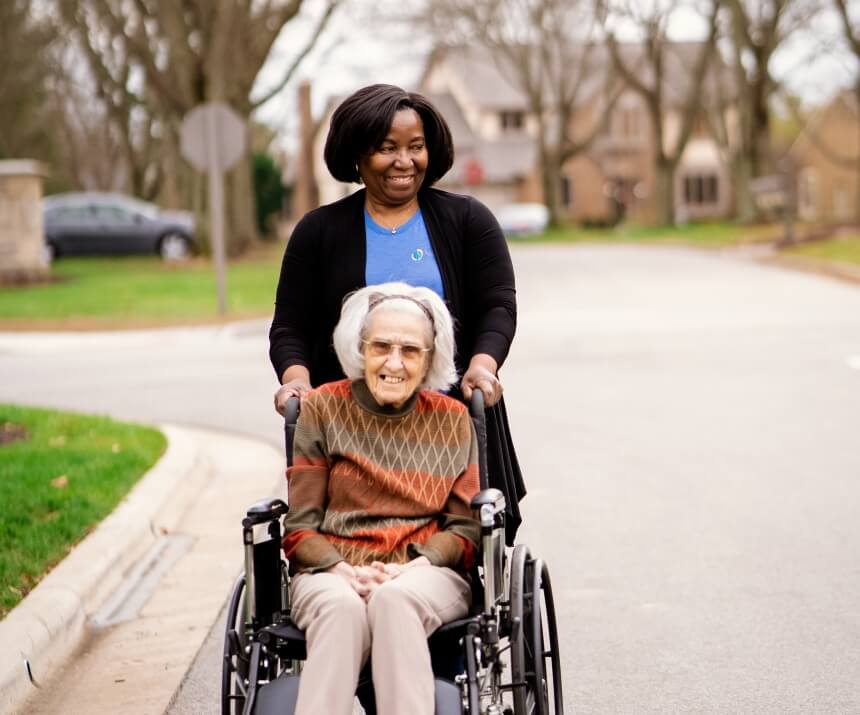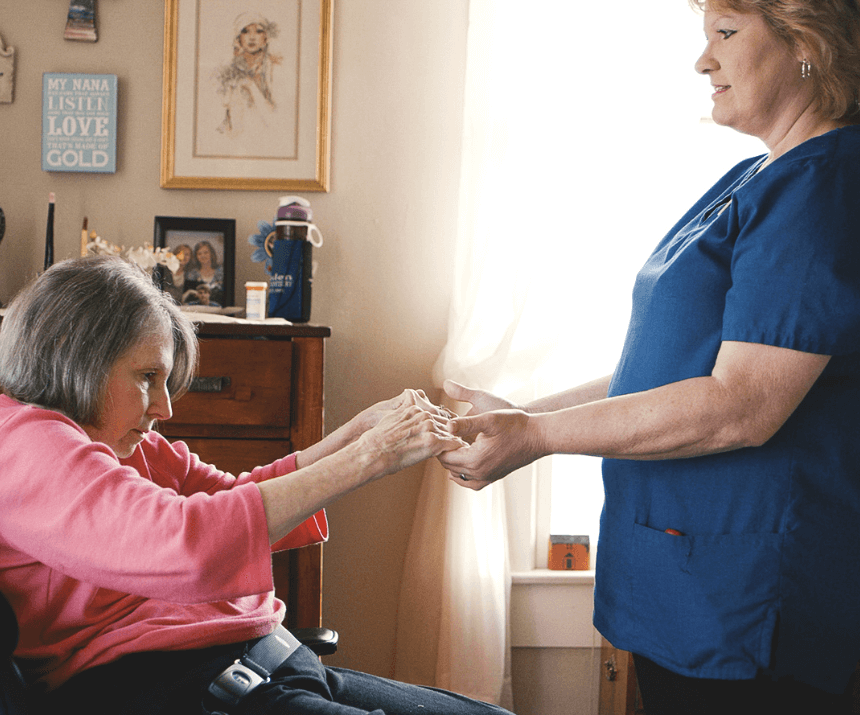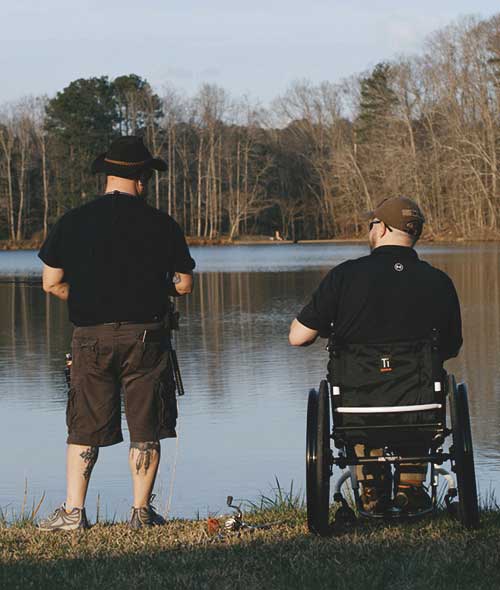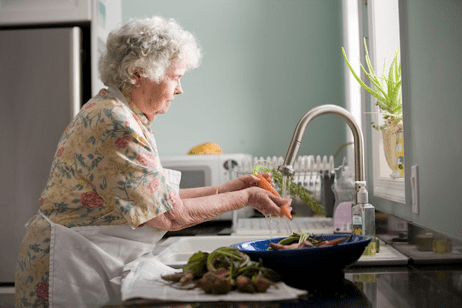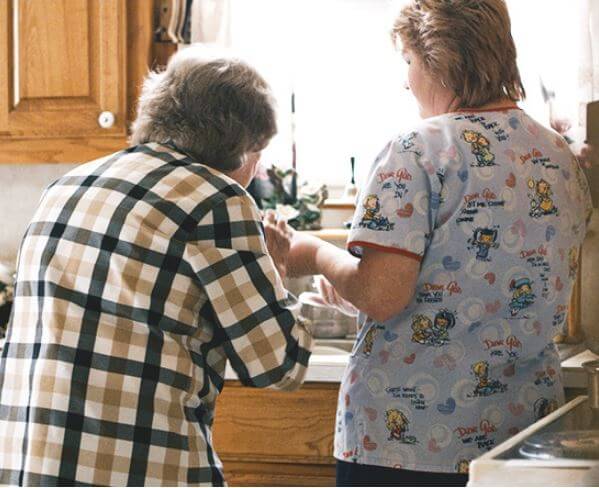Home Care in North West Austin, TX
Trusted Home Care Services in North West Austin, TX and Nearby Communities
At Home Helpers Home Care of North West Austin, we know how important it is to find the right support for your loved one. That’s why we’re committed to delivering compassionate, top-quality care that truly enhances quality of life.
Our dedicated Caregivers bring experience, empathy, and professionalism to every home, ensuring your loved one feels safe, respected, and well cared for.
We offer a wide range of personalized home and senior care services tailored to meet each individual’s unique needs—right where they feel most comfortable: at home.
Call Home Helpers of North West Austin at (512) 883-2365 today to schedule your free in-home care assessment and discover compassionate, reliable support for your loved ones.

